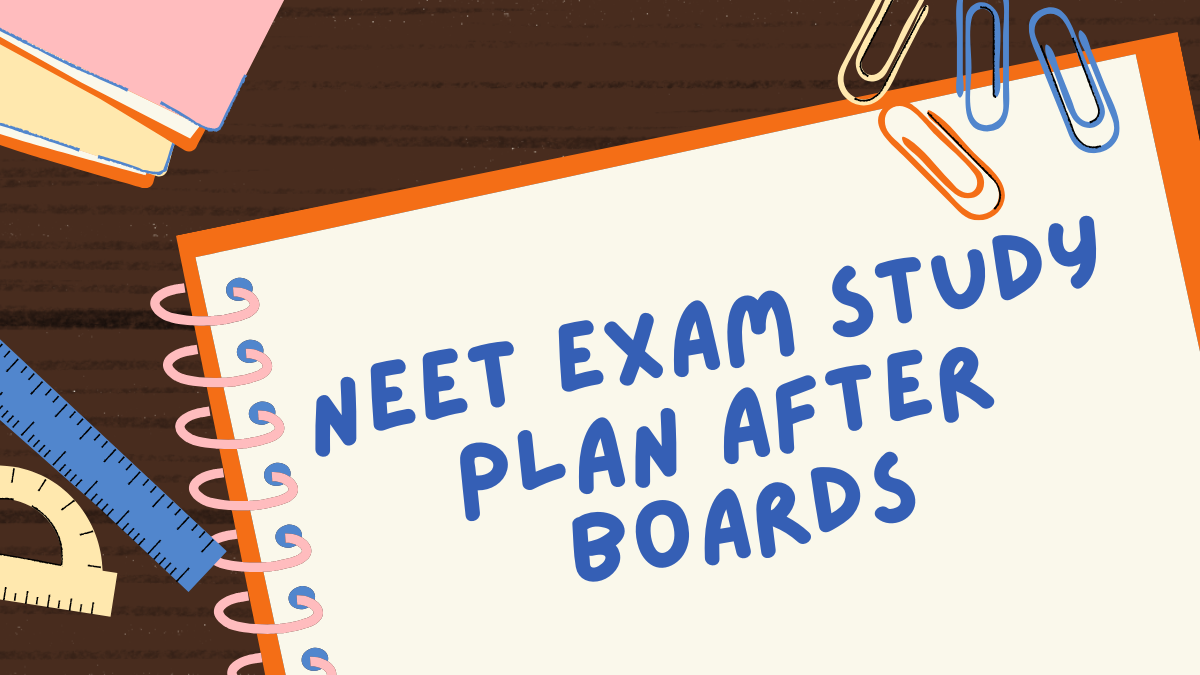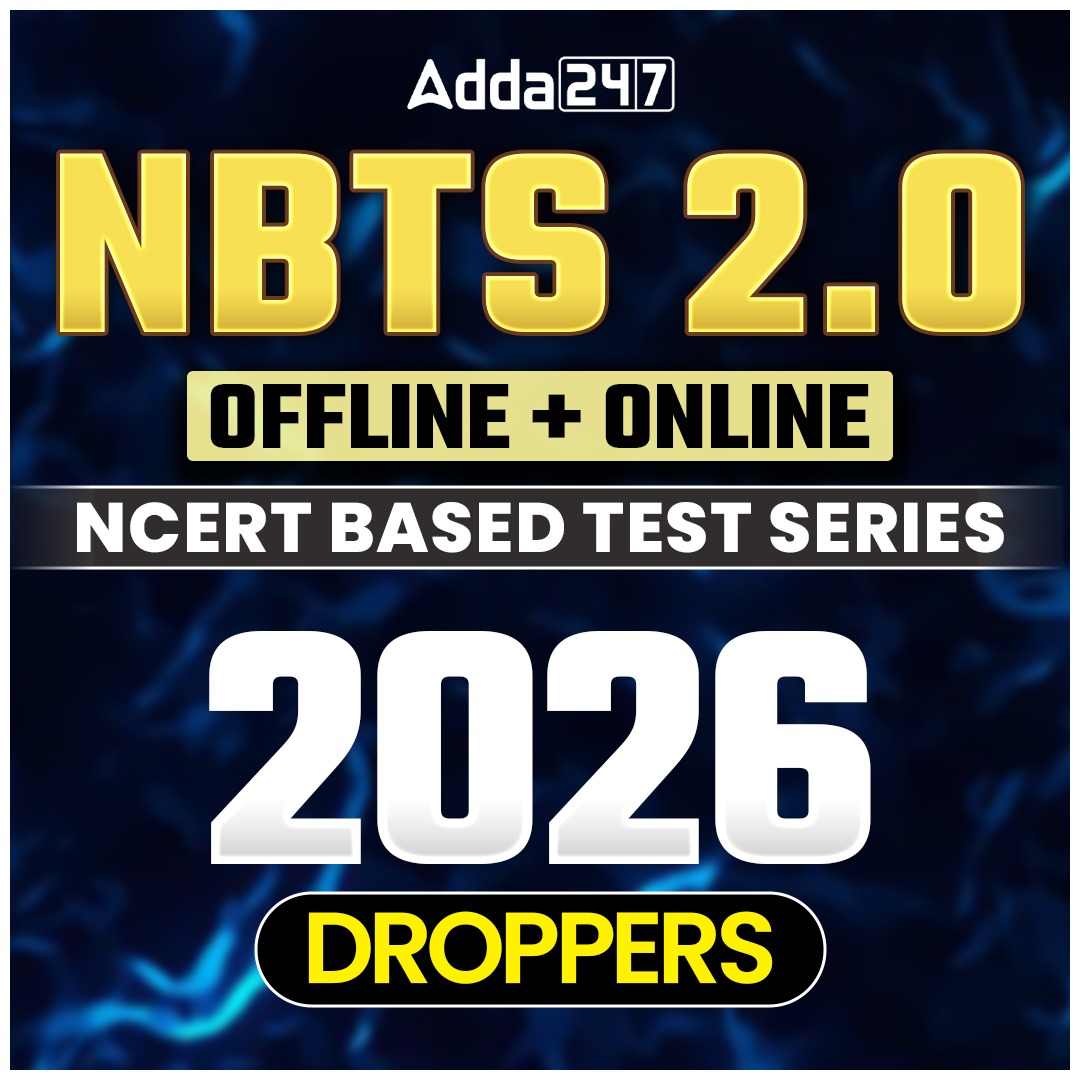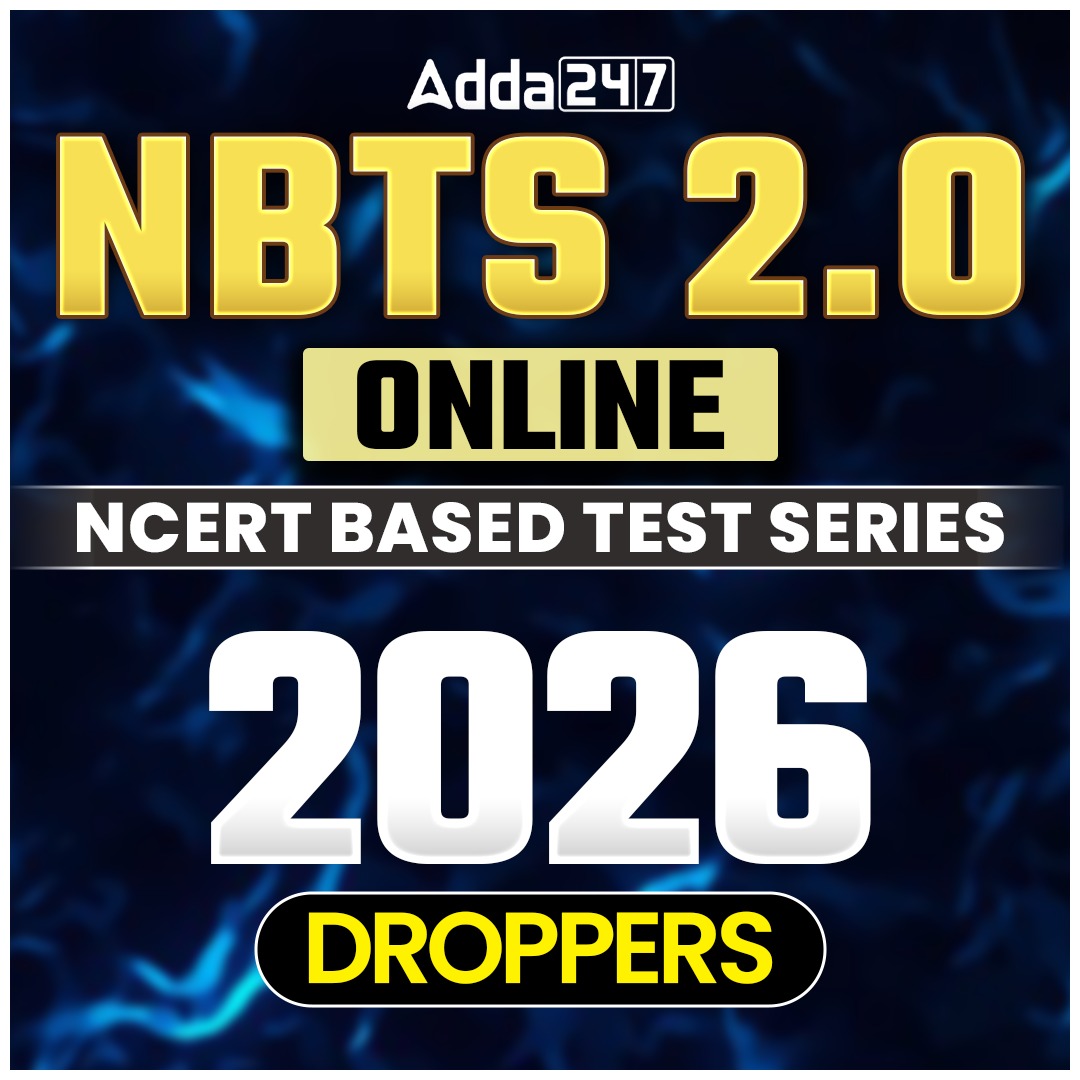The National Eligibility cum Entrance Test (NEET-UG) is a difficult medical entrance examination in India. Students want to get admission in Top Universities in MBBS, BDS, AYUSH, and all medical courses. More than 20 lakh students take the NEET every year. Looking forward, by 2026, NEET will become even more difficult, due to the limited seats in government colleges and increasing demand for placements.
Most students will appear for NEET after they complete their board exams in Class 12. After the board exam, students would have only 2-3 months to revise and revise the entire syllabus and practice the relevant questions. So here we had provided a full NEET Exam Study Plan after Boards.
NEET 2026 Exam Study Plan after 12th Boards
CBSE, ICSE and other state boards usually end in the last week of March or in the first week of April 2025. The NTA is going to conduct the NEET UG 2026 Examination on May 3, 2026. So, medical aspirants have around one month for the NEET Exam. Last month is a very crucial phase in the preparation, so they have a proper NEET 2026 Exam Study Plan after 12th Boards are completed.
When the board exams are complete and you have already covered the NCERT concepts, you can shift all your focus into MCQ and problem-solving practice. Once the school and practical exams are over, you can allocate 100% of your time to NEET preparation without having the pressure of two exams, allowing you to concentrate on cracking NEET.
NEET 2026 Exam Pattern
Before Discussing a study plan, Lets have quick review of Exam pattern: It will 3 hours Offline or Paper and Pencil Based Test (PBT) based on the marking per subject mentioned here:
| Subject | No. of Questions | Marks |
| Physics | 45 | 180 |
| Chemistry | 45 | 180 |
| Botany | 45 | 180 |
| Zoology | 45 | 180 |
| Total | 180 | 720 |
NEET 2026 Study Plan After Boards
For lot of students, Class 12 Boards were their only focus, but once Board exams were done, there were only 60-70 days for NEET. This time period is a real turning point for those students who planned well to revise the NEET syllabus.
1.First 2 Weeks After Boards
- Objective: To revise NCERT + Find the weak portions
- Start with Biology NCERT (Class 11 & 12), and revise a minimum of 5 – 6 chapters a day.
- Physics: Revision of key-take home formulas, key` derivations and key` concepts.
- Chemistry: Revision of NCERT In Organic Chemistry and key` Organic reaction mechanisms.
- Create short notes and formula sheets for quick revision.
2. Weeks 3 – 6 (Mock Test + Full-Length Revision)
- Get in practice and Apply knowledge under exam conditions.
- Start solving one full-length NEET mock test every day.
- Review mistakes and revise weak topics from NCERT.
- Practice time management, work to finish Biology in 50 min, Chemistry in 50 min, Physics in 70 min.
- Keep revising the Biology NCERT line by line.
3. LAST 15–20 Days Before NEET (Final Push)
- Goal: 100% exam simulation & confidence building
- Solve NEET Previous year questions.
- Revise NCERT diagrams, tables, and highlighted points.
- Mock Tests on alternate days.
- Revise those marked mistakes in your notebook (track your mistakes).
- Get good sleep and stay relaxed.
Subject-Wise NEET Study Plan After Boards
Biology( Fifty percent weightage)
To achieve a good score in NEET Biology, Focus on NCERT Biology books for Class 11 and 12. You should know that every line in NCERT is important because the majority of questions appear directly. While studying also go through with diagrams, flowcharts, or tables, In NEET exam tricky questions are asked from those areas. In addition to NCERT, you should practice previous year questions to prepare. Focus on the high-scoring chapters like Human Physiology, Genetics, Ecology, Plant Physiology, and Reproduction, since these topics consistently have more weight.
Chemistry
For Chemistry, focus on Inorganic Chemistry with a good revision of NCERT, as most questions are directly taken from them. For Organic Chemistry, focus on how to understand the restrictions between what they have given you and the named reactions, application of named reactions, reaction mechanisms discussed in NCERT and the examples in NCERT. For Physical Chemistry, practice numerical everyday, but make sure to focus on thermodynamics, equilibrium and electrochemistry more compared to the rest.
Physics
In Physics, you need to pay attention on concepts and formulas and revise the derivations from NCERT and coaching notes. Carefully look other metric tons in all high weightage topics which are – Mechanics, Electrostatics, Current Electricity, Optics, Modern Physics.
Resource For NEET Exam Preparation
- NCERT Books (Class 11 & 12)- Biology, Physics, Chemistry
- MTG NCERT at Your Fingertips- For MCQs
- Previous 10 Years NEET PYQs- Must solve.









 Bihar Board Class 10 English Question Pa...
Bihar Board Class 10 English Question Pa...
 CBSE Class 10 English Question Paper 202...
CBSE Class 10 English Question Paper 202...
 UP Board Class 10 Social Science Questio...
UP Board Class 10 Social Science Questio...









